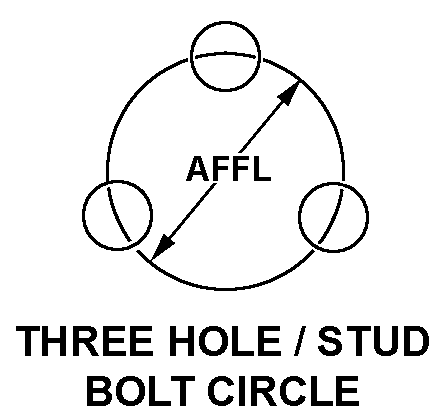6625005537624
Price Quote Get an up to date pricing and availability quote for this product. Order online or over the phone.
Quality Commitment
Serving our customers with quality and safety first.
- AS9120 Certified
- Audited supply chain
- ITAR Registered
- DDTC Registered
- HAZMAT Certified
- Customer service objectives
- Every product 100% inspected

6625-00-553-7624 Specification Set by the OEM (see RNCC code 3)
dc
0.172in.
50 single indicator single range
4.562in. ⁓4-9/16"
4.125in.
panel
three hole/stud bolt circle
40.0 millivolts
black single indicator single range
-1.0/+1.0 at full scale single indicator single range
1.578in.
3.760in.
moving coil, permanent magnet
white single indicator single range
3 unthreaded hole
+0.0/+100.0 microamperes, dc single indicator single range
jewel pivot base
2 threaded stud
plastic
C1 round flush mtg
Cross Reference Parts Part numbers that meet the specification outlined on this page and set by the OEM
Identification Item Identification Guide (IIG) and Item Name Code (INC)

Definition Definition of approved item name (AIN): "AMMETER"
An instrument which measures electric current and is calibrated and marked in amperes or any multiple and/or submultiple thereof. The value may be expressed by means of a pointer and calibrated dial or a digital readout display. For current detecting type of devices, see galvanometer.
6625-00-553-7624 Material Hazmat, Precious Metals, Criticality, Enviroment, and ESD
Indicates there is no information in the hmirs. The nsn is in a fsc in table ii of fed std 313 and a msds may be required by the user. The requirement for a msds is dependent on a hazard determination of the supplier or the intended end use of item.
Precious metal content is unknown
The item does not have a nuclear hardened feature or any other critical feature such as tolerance, fit restriction or application.
Identification Codes
HMIC: Hazardous Material Indicator Code. A one position code that identifies a hazardous item.
PMIC: Precious Metal Indicator Code. A one position code which identifies items that have precious metals as part of their content. precious metals are those metals generally considered to be uncommon, highly valuable, and relatively superior in certain properties such as resistance to corrosion and electrical conductivity.
ESD: Electrostatic Discharge. Indicates if an item is susceptible to electrostatic discharge or electromagnetic interference damage. electrostatic discharge damage occurs when an accumulation of static electricity generated by the relative motion or separation of materials is released to another item by direct contact. electromagnetic interference damage occurs when an item comes into proximity with an electrostatic or magnetic field.
ENAC: Enviromental Attribute Code. Identifies items with environmentally preferred characteristics.
CRITL: Criticality Indicator Code. Indicates an item is technically critical by tolerance, fit, application, nuclear hardness properties, or other characteristics.






